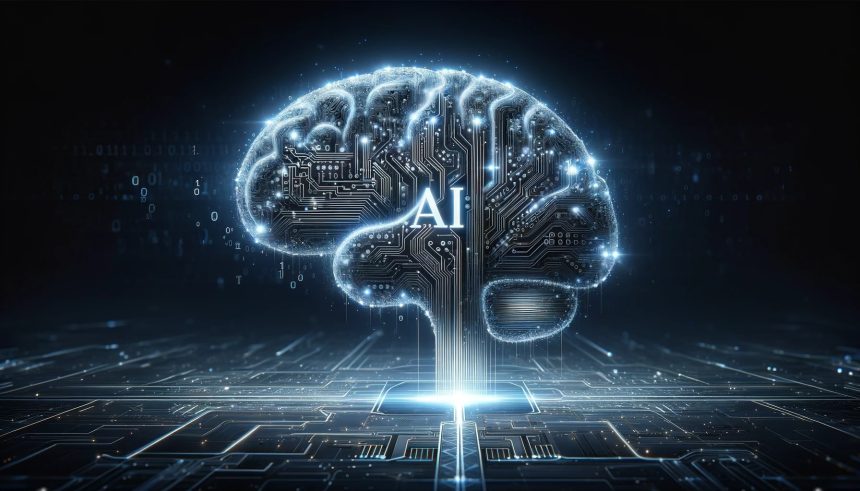As artificial intelligence continues to advance, its integration into various industries accelerates. However, this rapid growth presents significant environmental challenges. Businesses are increasingly recognizing the need to balance innovation with sustainability to ensure long-term success.
Earlier discussions have touched on the environmental costs of AI, but recent developments have intensified the focus on practical solutions. Emerging trends now emphasize the necessity for organizations to adopt sustainable practices alongside technological advancements.
How is AI impacting the environment?
AI’s expansion requires substantial processing power, leading to increased energy consumption and e-waste generation. The United Nations Environment Programme has raised alarms about the escalating levels of electronic waste and the cooling demands of data centres. Academic experts also warn that the growing carbon footprint may be an inevitable consequence of AI innovation.
What regulations are influencing sustainable AI development?
Governments worldwide are implementing stricter regulations to mitigate AI’s environmental impact. The European Union’s Circular Economy Action Plan (CEAP) is one such initiative aiming to reduce waste and promote resource efficiency. Compliance with these regulations is becoming essential for businesses to avoid penalties and maintain their market standing.
How can businesses implement sustainable AI practices?
Adopting sustainable AI frameworks is key to minimizing environmental impact.
“At ASUS we have partnered with Intel to provide servers that prioritise energy efficiency,”
demonstrates a proactive approach by companies to integrate sustainability into their AI infrastructure. Additionally, implementing effective recycling programs, such as ASUS’s Global Take Back Service, helps manage e-waste responsibly.
Businesses that incorporate sustainability into their core AI strategies not only comply with regulations but also enhance their brand reputation and operational efficiency. Energy-efficient computing solutions, like those highlighted by Gartner as a top technology trend for 2025, offer companies the means to balance innovation with environmental responsibility.
“To address the environmental challenges of harnessing AI’s benefits, enterprises are turning to Sustainable AI Frameworks that focus on minimising the environmental impact of artificial intelligence by addressing key elements such as energy efficiency, resource optimisation, and e-waste reduction,”
notes IDC in their recent technology predictions. This shift indicates a broader industry move towards responsible AI development.
Adopting sustainable AI practices not only helps mitigate environmental concerns but also enhances operational efficiency and brand reputation. By prioritizing energy-efficient technologies and responsible e-waste management, companies can align their AI initiatives with global sustainability goals. This strategic approach ensures that technological progress supports a healthier planet and resilient business growth.










